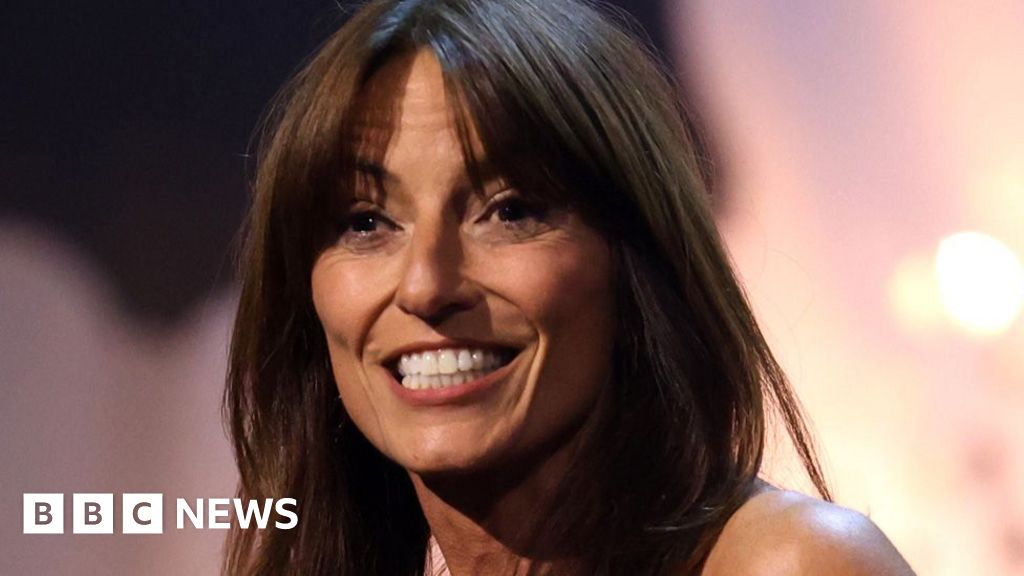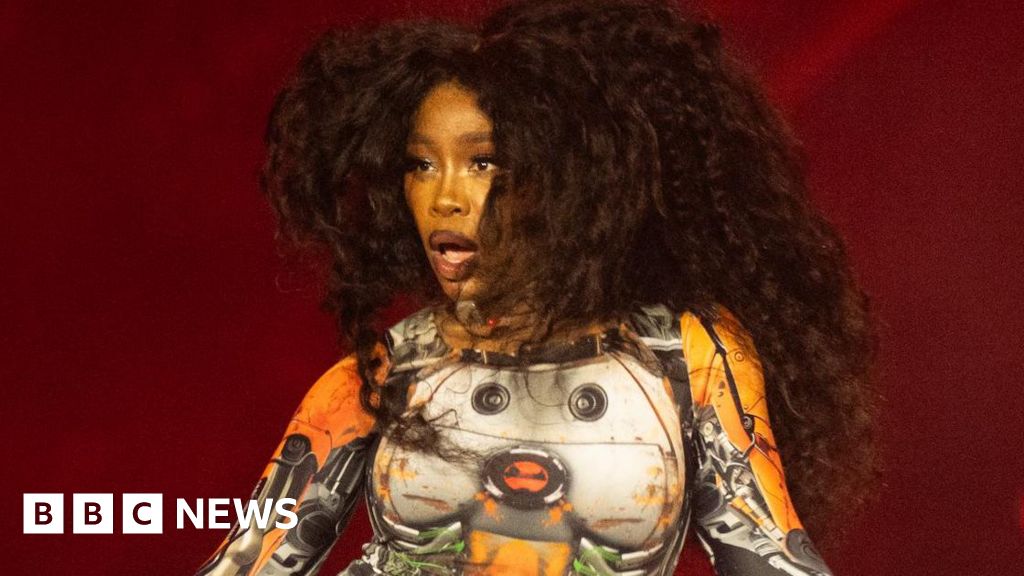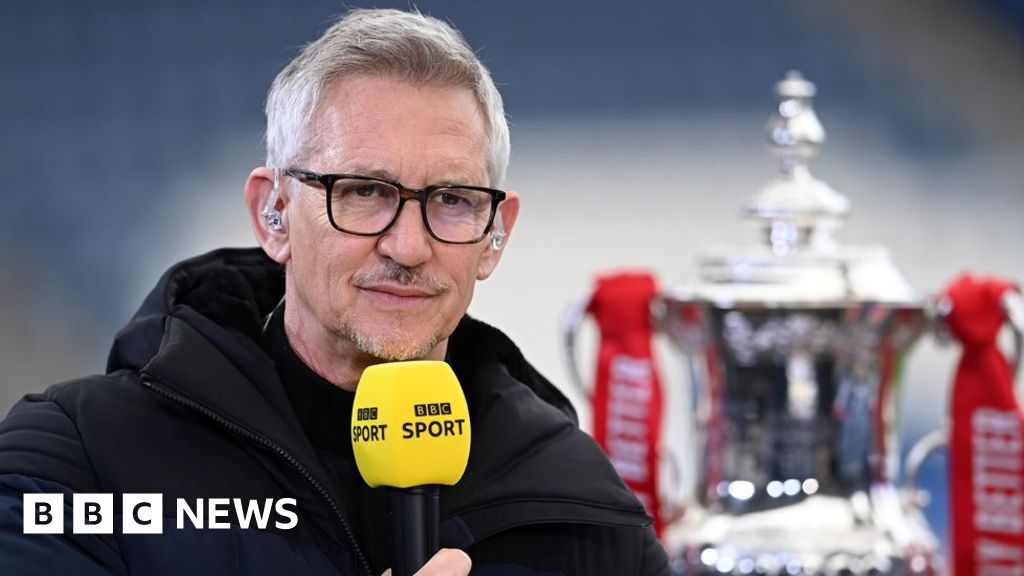ARTICLE AD BOX
BBC services and shows will have to be cut as a result of a £285m funding gap arising from the latest licence fee deal, its director general has said.
Tim Davie said the settlement, which will see the cost of a TV licence frozen for the next two years, "will affect our frontline output".
Asked what might be cut, he said "everything's on the agenda".
On Monday, the culture secretary said the freeze would help people who are struggling with rising household costs.
Nadine Dorries told the House of Commons: "The BBC must support people at a time when their finances are strained, make savings and efficiencies, and use the billions in public funding it receives to deliver for viewers, listeners and users."
A TV licence currently costs £159, with the BBC receiving £3.7bn a year to fund services like TV, radio, the BBC website, podcasts, iPlayer and apps,
Culture Secretary Nadine Dorries: "This government is committed to supporting families as much as possible"
Ms Dorries said that, after the two-year freeze, the fee will rise in line with inflation until 2027, when the broadcaster's current royal charter expires.
She suggested in a tweet on Sunday that the licence fee will be abolished after that, although in the Commons on Monday, she said the future funding of the corporation was up for discussion and a review on its future would start shortly.
Speaking to BBC Radio 4's Today programme on Tuesday, Mr Davie said: "Inevitably, if you don't have £285m, you will get less services and less programmes. Now, I still think the BBC can offer extraordinary value for £13 a month."
He said the corporation, which turns 100 this year, has made "very good progress in terms of cutting costs that don't affect the licence fee payers" in recent years.
"We go first to those cuts where we don't affect our output... We are not at the place where you can never make cuts, but this will affect our frontline output. There's no doubt about that."
The BBC has said the corporation's income for UK services is already 30% lower in real terms than it was 10 years ago.
Last year, BBC chairman Richard Sharp warned about "super inflation" in production because of competition from global giants, saying: "The cost of some of our biggest series has more than doubled."
Image source, PA Media
Image caption,BBC director general Tim Davie: "We will do everything to ensure the BBC continues to punch above its weight for Britain"
On Tuesday, Mr Davie acknowledged that "we need to reshape ourselves for a digital age".
"The media market is moving extremely rapidly," he said. "I'm excited about re-engineering the BBC. I think we're in a good place. We had an excellent Christmas, iPlayer is doing brilliant business for us in terms of the numbers we're getting through to our digital services.
"So we're not just going to put aspic around linear services or say we're going to keep doing exactly the same thing. We need to reshape the business."
Mr Davie said the BBC would change radically if it became a subscription service, which is one of the suggestions to replace the licence fee system.
"Once you're trying to serve a subscription base and a commercial agenda - and, believe me, I've run commercial businesses - it is a completely different situation, because suddenly you are doing things that are there to make profit and make a return to a specific audience," he said.
Ms Dorries said the UK needs "a BBC that can thrive alongside Netflix and Amazon Prime and all of its other challenges which attract younger viewers".
Following the announcement of the freeze, the culture secretary said attention would turn to the BBC's long-term funding model.

 2 years ago
35
2 years ago
35








 English (US)
English (US)